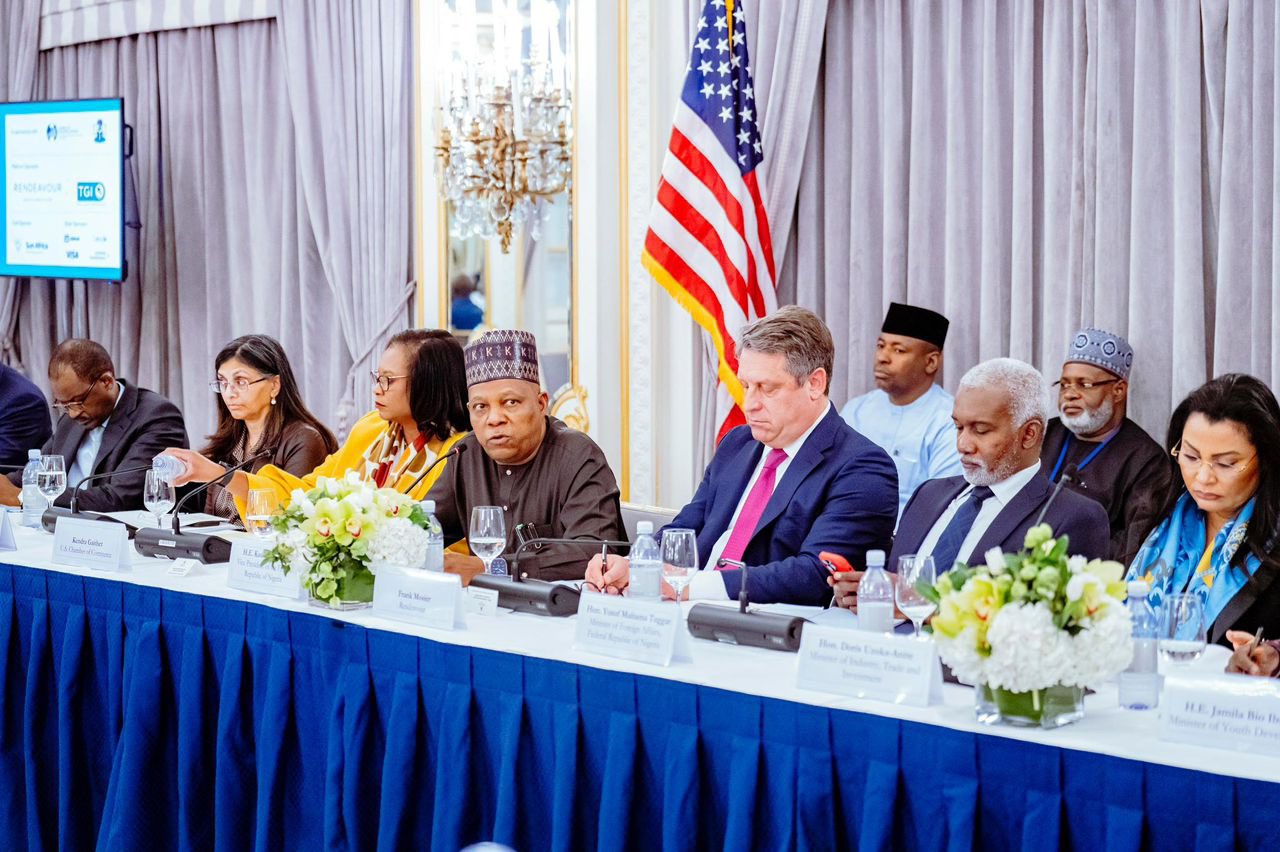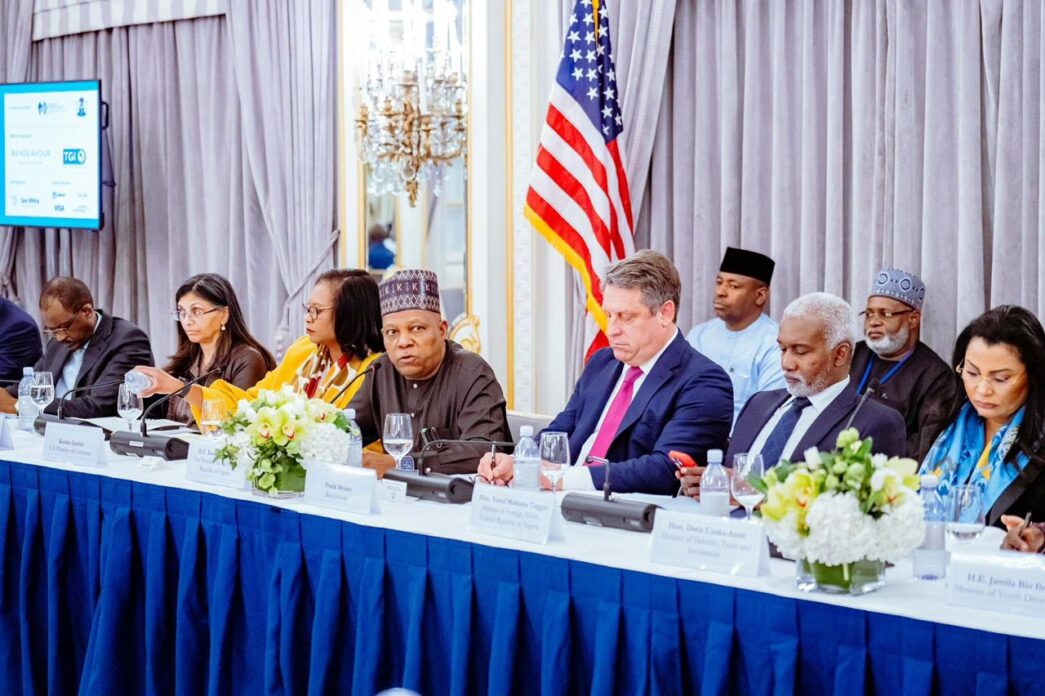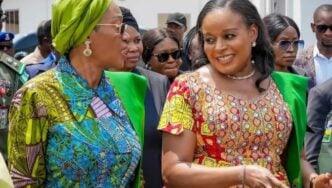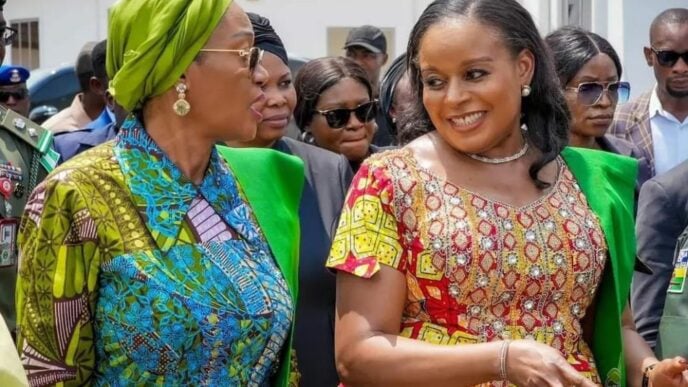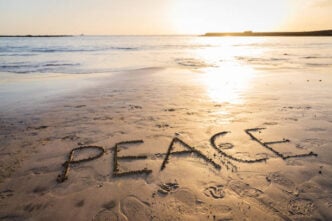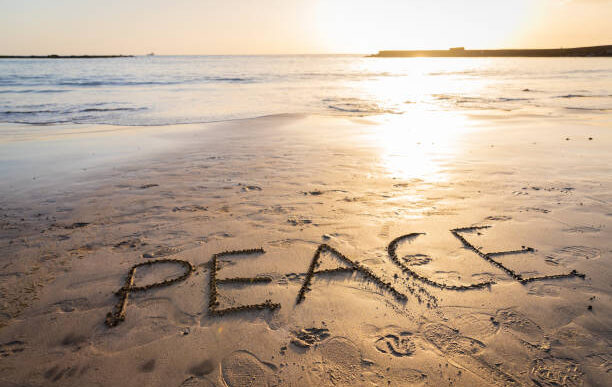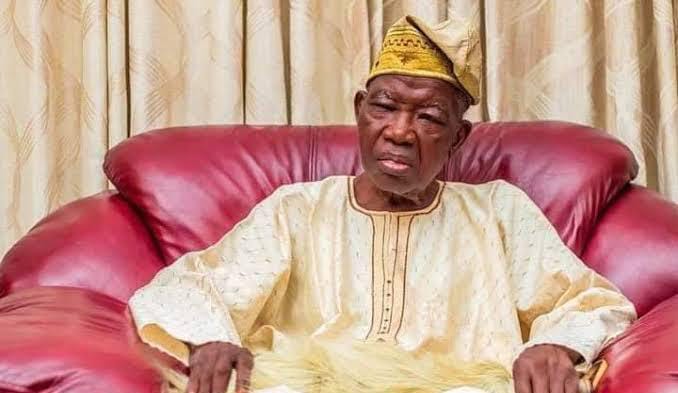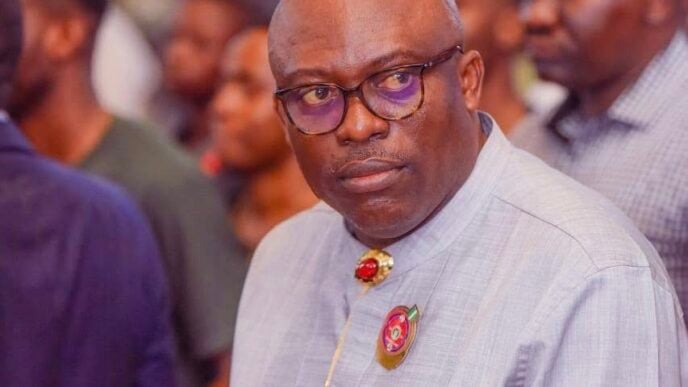VP Kashim Shettima speaking during US-Nigeria Executive Business Roundtable organised by the US Chamber of Commerce in March 2024
The international order is undergoing significant transformation. Geopolitical tensions, economic realignments, tariffs and trade wars, security threats, climate change, and technological disruptions are reshaping the global landscape in ways that demand strategic recalibration from all nations. Traditional assumptions about democracy and markets are being questioned by state and non-state actors. As Africa’s most populous country and a key economic and diplomatic actor, Nigeria must protect and promote our values and commitment to democratic freedoms and the celebration of diversity, as we navigate these new complexities with foresight, pragmatism, and resilience.
First, I will outline how we understand the global context and how it shapes our diplomacy. I will then outline the foundational principles of our foreign policy. Finally, I will reflect on the broader responsibilities we all share to develop and implement a diplomacy fit for purpose in a world where uncertainties too often seem to mask more hidden opportunities.
The post-Cold War consensus that shaped global governance for the past three decades is increasingly fracturing. The resurgence of great power competition, the fragmentation of multilateralism, and the proliferation of regional conflicts have created a more unpredictable world than ever in our post-independence history.
The war in Ukraine has reshaped energy markets, disrupted supply chains, and exacerbated food insecurity, particularly for developing economies like ours. Conflict in Sudan and the Sahel has illustrated the limits of the old rules-based order, as new state and non-state actors flex influence in areas of chronic instability. The global economy is experiencing persistent inflationary pressures, debt crises in emerging markets, and a reconfiguration of trade partnerships. The rise of new technologies, from artificial intelligence to digital currencies, introduces opportunities and challenges for economic governance and national security. Climate change continues to pose an existential threat, with Africa disproportionately affected, despite contributing the least to global emissions.
Advertisement
In this context, Nigeria’s foreign policy must be dynamic. It must ensure that our national interests are protected while we remain a responsible and engaged member of the international community. And above all, foreign policy must be efficient. If diplomacy is war by other means, the terrible costs of conflict must at least partially be a measure of diplomatic failure. We should invest in capacity and exhaust all available avenues, because the alternatives are much worse. In that sense, the triumph of diplomacy should be measured as much by what we do not see, what we can avoid, and what we do see. To take examples from our history: we still reference – and rightly so – the sacrifice Nigeria made in Liberia and Sierra Leone in the 1990s, but not so much the efforts, through public diplomacy, back channels, direct engagement, third-party involvement, the balancing of principle with practical detail – all tricks in the diplomatic toolbox – that led to the transfer of power in Gambia without a drop of blood spilt.
Tragedies avoided are more easily forgotten than sacrifices made. For this reason, with defence budgets escalating around the world, we need to be reminded, even in a transactional world, that diplomacy should take the lead. It is always better to talk. We do not always deliver perfect outcomes, especially where those areas of common interest and good faith are narrow, where one side may face particular local pressures that trump what partnership might deliver. Realistic outcomes are shaped by realistic expectations.
We see the existing order deconstructing. It was an order that did not present a level playing field for Nigeria and Africa in terms of access to financing and markets and the tools to facilitate peace, prosperity and opportunity. As that order breaks down, what follows is much less clear. It is our responsibility, as the region’s key power, to be a voice for Africa—to play our part in helping create a modern and dynamic order that reflects our national and shared interests.
Advertisement
And that responsibility is fundamentally diplomatic: securitisation shifts thinking from strategic to tactical, to a reduction in the space for dialogue, compromise and manoeuvre. Security more than ever tilts towards hardware and technology. Diplomacy at its best is a very human process of interaction. Of course, a strong defence capability and the unspoken jeopardy it carries can be significant assets in negotiation, and there are moments when diplomatic routes have failed that the national interest must be defended by force. But sequencing is everything. Lives and livelihoods depend on it.
Nigeria’s foreign policy has traditionally been anchored on Africa as the centerpiece, supported by non-alignment, economic diplomacy, and global multilateralism. While these principles remain relevant, they must evolve to reflect the realities of our time. I will outline four strategic pillars that define Nigeria’s foreign policy approach in this period of global uncertainty.
The first pillar of our foreign policy approach is strategic autonomy. As global power shifts toward multipolarity, Nigeria must assert greater strategic autonomy in its international engagements. We are strengthening our bilateral relations with emerging powers like China, India, and Brazil while maintaining constructive partnerships with the United States, the European Union, and traditional allies. We aim to ensure that Nigeria is not merely a passive actor in global affairs but an active shaper of outcomes that align with our national interests.
Our second pillar is economic diplomacy and sustainable development. With the increasing volatility in global markets, Nigeria is prioritising economic diplomacy to attract foreign investment, enhance trade partnerships, and secure development financing. The implementation of the African Continental Free Trade Area (AfCFTA) presents a unique opportunity for Nigeria to consolidate its position as a regional economic hub.
Advertisement
An important case in point, especially regarding diversification and the creation of new markets, is the Trans-Saharan Gas Pipeline (TSGP; also known as the NIGAL pipeline and the Trans-African Gas Pipeline). The project is a planned natural gas pipeline from Nigeria to Algeria. The Nigeria-Morocco Gas Pipeline (NMGP) is a proposed 5,660 km long project that aims to transport natural gas from Nigeria to Morocco, potentially connecting to the European gas network via the Maghreb-Europe Gas Pipeline. Both projects present a unique opportunity to diversify Europe’s gas supplies – and represent potent physical symbols of Nigeria’s place in a new international order.
Beyond trade, economic diversification remains a core priority. To reduce overreliance on hydrocarbon revenues, we are deepening engagement with global partners in renewable energy, technology transfer, and industrialisation. Economic diplomacy is not just about investment flows; it is also about ensuring that Nigeria is well-positioned to benefit from emerging global value chains.
The third pillar is security and regional stability. Nigeria’s security challenges, particularly terrorism, banditry, and piracy, cannot be addressed in isolation. Our foreign policy recognises the transnational nature of security threats, necessitating a robust regional and international approach. Through ECOWAS, we have spearheaded initiatives to counter military takeovers and support democratic consolidation in West Africa. The Multinational Joint Task Force (MNJTF) remains a critical mechanism in our fight against terrorism and insurgency in the Lake Chad Basin. MNJTF is a clear example of a homegrown African solution to an African problem that other partners can key into. With the proper framing and preferred solutions, such an approach is invariably more effective than exogenous strategies from abroad. Maritime security in the Gulf of Guinea has been significantly enhanced through Nigeria’s Deep Blue Project and regional coordination with the African Union and international partners. Under the President Bola Tinubu administration, no single piracy incident has occurred in Nigeria’s territorial waters. Safer sea routes mean lower shipping and insurance costs, which in turn boost industry, jobs, and opportunities.
At a time when global security alliances are shifting, Nigeria will continue to reinforce its defence diplomacy, intelligence-sharing mechanisms, and peacekeeping contributions to promote regional and international stability. The world needs a militarily strong Nigeria to keep our region and the African continent safe. The prevailing pay-as-you-go approach to weapons systems requires that Nigeria domesticates production with the help of willing partners. This requires deft diplomacy and diplomatic nous, which the Tinubu administration is deploying via the 4-D (democracy, development, demography and diaspora).
Advertisement
The last pillar is Nigeria’s voice and agency in the global arena. In an era of straining multilateralism, Nigeria remains committed to strengthening global institutions to ensure they are more inclusive and responsive to the needs of developing countries. Nigeria thus continues to advocate for UN Security Council reform, calling for permanent African representation to reflect contemporary global realities. Our participation in forums such as the G77, BRICS+, and the Commonwealth ensures that we champion the interests of the Global South in trade, climate negotiations, and financial governance. Climate diplomacy is a key priority as Nigeria pushes for a just transition that secures climate financing for African nations and promotes green industrialisation. Multilateral engagement is not merely about diplomacy—it is about leveraging collective action to address challenges that no country can solely tackle, from pandemics to cyber threats.
It is worth noting that a nation’s foreign policy is only as firm as the intellectual and strategic framework that underpins it. This is why fora such as the Agora Policy Forum are invaluable. Policymakers, scholars, and industry leaders must collaborate to provide thought leadership that informs our diplomatic choices. Nigeria must remain proactive, adaptive, and innovative in its foreign engagements as it navigates global uncertainty. Evidence-based policymaking, a long-term vision, and a commitment to national and continental advancement must underpin our strategy.
Advertisement
Nigeria’s foreign policy during a time of global uncertainty is not merely about responding to external pressures but also about shaping our destiny within the international order. It is about ensuring that our economy is resilient, our security is safeguarded, and our voice is amplified in global decision-making. As we look to the future, I urge all stakeholders—diplomats, academics, business leaders, and civil society—to play their part in strengthening Nigeria’s global standing. The task is complex, but with strategic foresight and national unity, we will position Nigeria as a formidable force in the evolving international system.
Tuggar (OON), Nigeria’s Minister of Foreign Affairs, gave these remarks at the inaugural session of the Agora Policy Forum held in Abuja on 17th April 2025.
Advertisement
Advertisement
Views expressed by contributors are strictly personal and not of TheCable.

